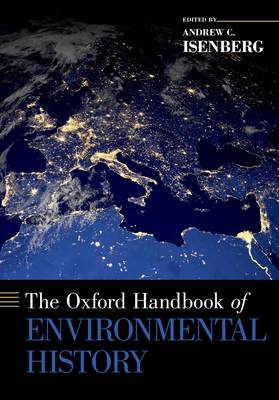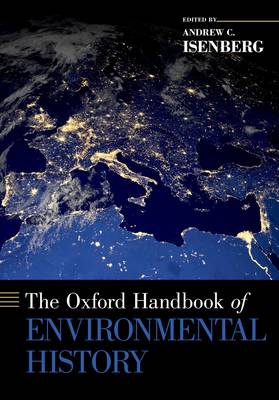
- Afhalen na 1 uur in een winkel met voorraad
- Gratis thuislevering in België vanaf € 30
- Ruim aanbod met 7 miljoen producten
- Afhalen na 1 uur in een winkel met voorraad
- Gratis thuislevering in België vanaf € 30
- Ruim aanbod met 7 miljoen producten
Zoeken
Omschrijving
The field of environmental history emerged just decades ago but has established itself as one of the most innovative and important new approaches to history, one that bridges the human and natural world, the humanities and the sciences. With the current trend towards internationalizing history, environmental history is perhaps the quintessential approach to studying subjects outside the nation-state model, with pollution, global warming, and other issues affecting the earth not stopping at national borders. With 25 essays, this Handbook is global in scope and innovative in organization, looking at the field thematically through such categories as climate, disease, oceans, the body, energy, consumerism, and international relations.
Specificaties
Betrokkenen
- Auteur(s):
- Uitgeverij:
Inhoud
- Aantal bladzijden:
- 800
- Taal:
- Engels
- Reeks:
Eigenschappen
- Productcode (EAN):
- 9780190673482
- Verschijningsdatum:
- 1/03/2017
- Uitvoering:
- Paperback
- Formaat:
- Trade paperback (VS)
- Afmetingen:
- 170 mm x 241 mm
- Gewicht:
- 2562 g

Alleen bij Standaard Boekhandel
+ 196 punten op je klantenkaart van Standaard Boekhandel
Beoordelingen
We publiceren alleen reviews die voldoen aan de voorwaarden voor reviews. Bekijk onze voorwaarden voor reviews.







